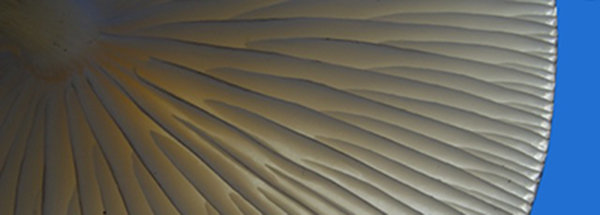The what, how and why of the population/species interface
My research life began with monographic work in systematics based on extensive collecting with extraordinary collaborators in the US and Canada, Norway, New Zealand and Japan. Our reach deepened with the resolution afforded by emerging molecular tools resting in the capable hands of exceptional students and postdocs: these include, Yatika Kohli and Ignazio Carbone (huge datasets and analytics on the population/species interface in the Sclerotiniaceae), Leah Cowen (experimental evolution of drug resistance in Candida albicans), Jeremy Dettman (evolution of reproductive isolation in speciation) and Brett Couch (evolution of host specificity on grasses in Magnaporthe). More recently, with Megan Saunders we teased apart fungal endophyte interactions in maize facilitated by a suite Fusarium species able to detoxify antimicrobial compounds in planta. With Marion Andrew, we have provided evidence for a molecular “toolbox” for host specificity in the Sclerotiniaceae. Current projects include studies on evolution in field populations of Saccharomyces paradoxus, the wild sister species of the domesticated, lab model, S. cerevisiae.


